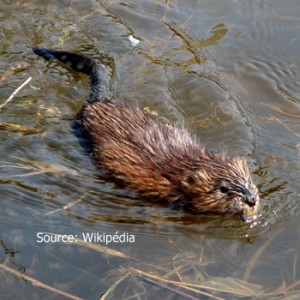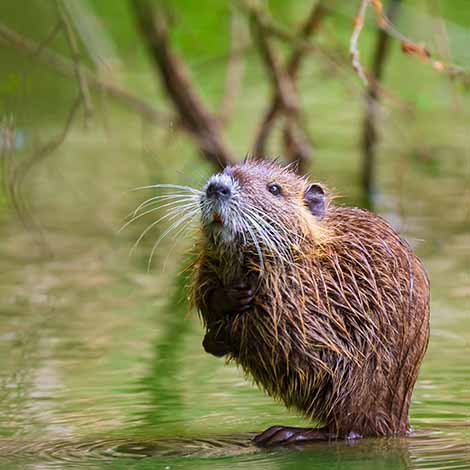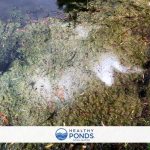Many pond owners wonder whether muskrats are bad for their ponds. Muskrats are semi-aquatic rodents that are commonly found in wetlands, marshes, and ponds. While they play a vital role in the ecosystem, their presence can sometimes cause problems for pond owners. In this article, we will explore the impact of muskrats on ponds and discuss ways to manage their presence.
Benefits of Muskrats in Ponds
Before delving into the potential drawbacks of muskrats in ponds, it’s important to acknowledge the positive aspects of their presence. Muskrats are herbivores and primarily feed on aquatic vegetation, such as cattails, pondweeds, and other emergent plants. By consuming excess vegetation, muskrats can help maintain a healthy balance within the pond ecosystem. Their burrowing activities also contribute to the aeration of the soil, which can benefit the overall health of the pond.
Potential Issues Caused by Muskrats
While muskrats offer certain ecological benefits, they can also pose challenges for pond owners. One of the main concerns is their burrowing behavior, which can weaken the structural integrity of pond dams and embankments. In addition, their extensive feeding on aquatic plants can lead to the depletion of desirable vegetation and the proliferation of less desirable species. This imbalance can impact water quality and the overall aesthetics of the pond.
Managing Muskrat Populations
Given the potential impact of muskrats on ponds, it’s essential for pond owners to consider strategies for managing their populations. One approach is to implement deterrent measures to discourage muskrats from establishing dens and feeding extensively within the pond. This may involve the use of fencing, predator decoys, or other physical barriers to limit their access to certain areas of the pond.
Another option is to focus on habitat modification, such as creating alternative food sources or nesting sites away from the pond. By providing attractive alternatives, pond owners may be able to redirect muskrat activity and reduce their impact on the pond environment.
Legal Considerations
It’s important to note that muskrats are protected in many regions and may be subject to specific regulations regarding their control and management. Before implementing any measures to address muskrat-related issues, pond owners should familiarize themselves with local wildlife regulations and seek appropriate permits if necessary.

Credit: canadianpond.ca

Credit: www.thepondguy.com
Conclusion
In conclusion, the presence of muskrats in ponds can have both positive and negative implications. While they contribute to the ecological balance of the pond through their feeding and burrowing activities, they can also create challenges related to erosion, vegetation depletion, and water quality. Effective management of muskrat populations requires a balanced approach that considers both the ecological value of the species and the potential impact on the pond environment. By implementing strategic measures and staying informed about legal considerations, pond owners can work towards maintaining a harmonious coexistence with muskrats while preserving the health and aesthetics of their ponds.



